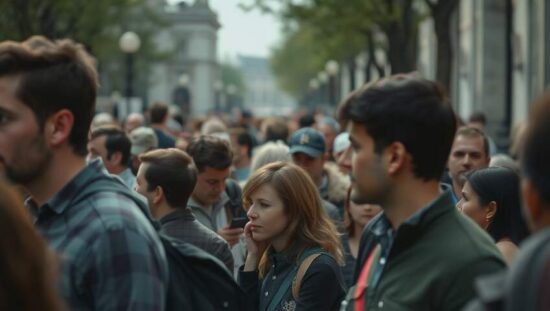The Federal Constitutional Court’s recent ruling on religious labor law has ignited a complex debate surrounding the scope of religious institutions’ autonomy and potential conflicts with principles of equality and secular governance. Thomas Rachel, the Federal Government’s Commissioner for Religious and Philosophical Freedom, lauded the verdict as a reinforcement of the rights of religious organizations in employment matters, asserting it reflects the unique constitutional role churches play within the German state. He emphasized the fundamental right to religious self-determination guarantees churches a distinctive space for shaping their workforce, differentiating them from other organizations.
However, the ruling has not been universally celebrated. Bodo Ramelow, the Left Party’s parliamentary commissioner for religious affairs, while acknowledging the “helpful clarification” voiced concerns about the long-term implications of the decision, particularly regarding “tendenzbetriebe” – businesses historically affiliated with religious groups. Ramelow echoed Rachel’s sentiment regarding the desired affiliation of employees within his own party and emphasized the need for such affiliation to be particularly relevant in leadership positions.
Crucially, Ramelow challenged the ongoing tariff-free status afforded to religious institutions, suggesting it is “no longer contemporary” when those institutions operate within a competitive market. This critique points towards a growing tension: while the court affirmed the right of religious organizations to manage their employment practices, continued exemptions from standard labor laws risk creating inequalities and disparities in worker protections.
The ruling and subsequent commentary reveal a deeper question about the evolving role of religion in a secular democracy. While the court sought to safeguard religious autonomy, the debate surrounding tariff-free status and the definition of “shaping professions” highlights the potential for revisiting these exemptions in light of contemporary labor standards and the increasing integration of religious institutions within the wider economy. The ruling, therefore, while upholding a specific legal framework, has inadvertently sparked a critical reassessment of the delicate balance between religious freedom and principles of fairness and equality in the German workforce.





